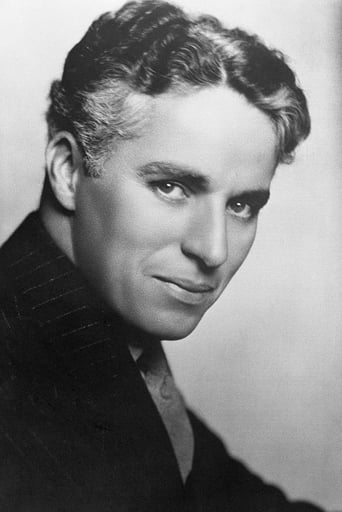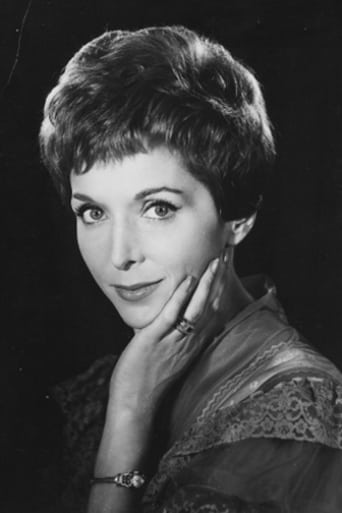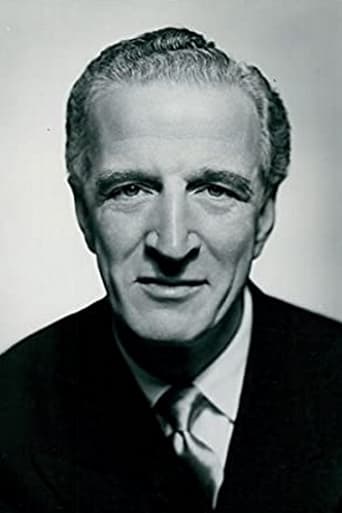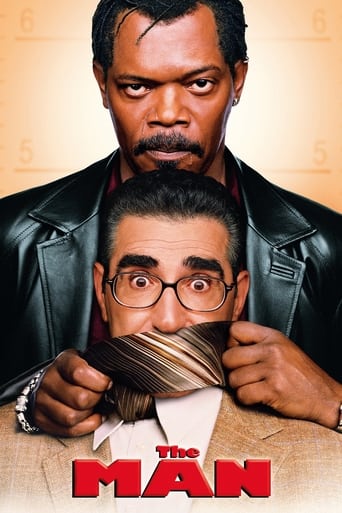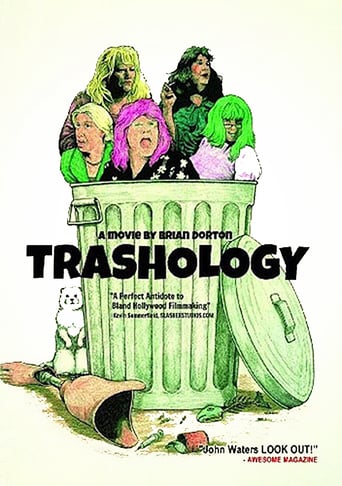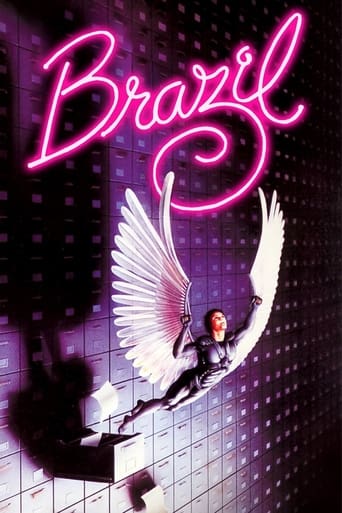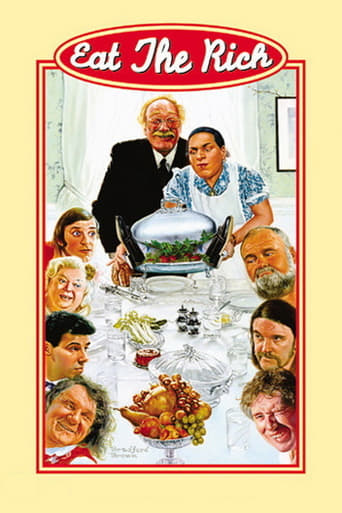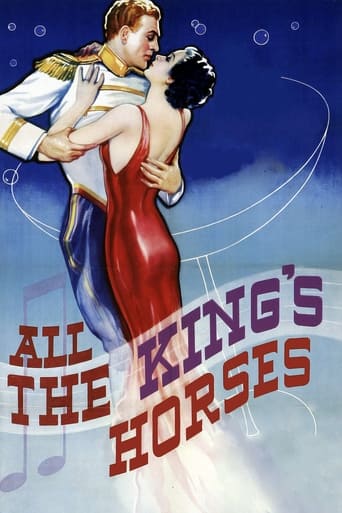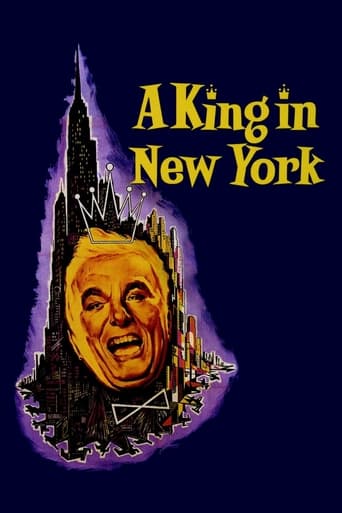
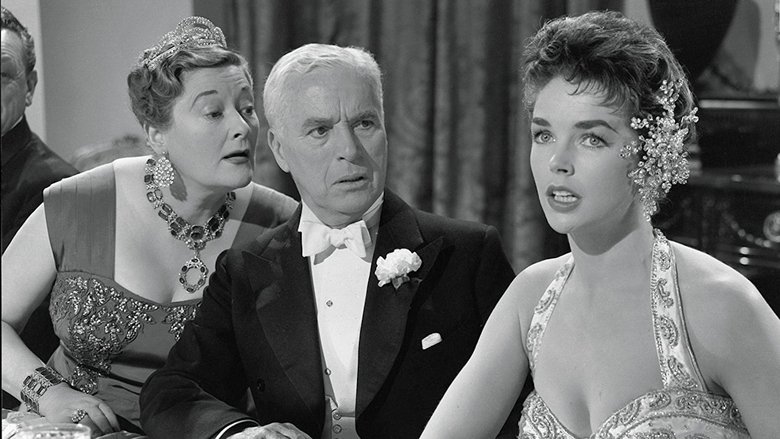
A King in New York (1957)
A recently-deposed "Estrovian" monarch seeks shelter in New York City, where he becomes an accidental television celebrity. Later, he's wrongly accused of being a Communist and gets caught up in subsequent HUAC hearings.
Watch Trailer
Cast
Similar titles
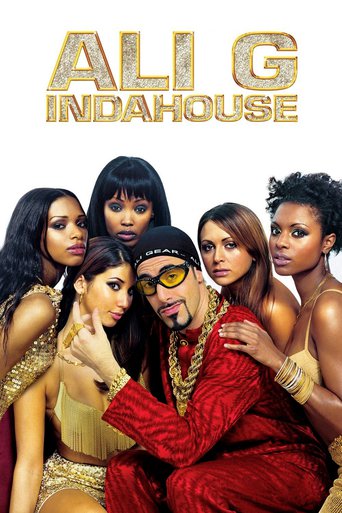
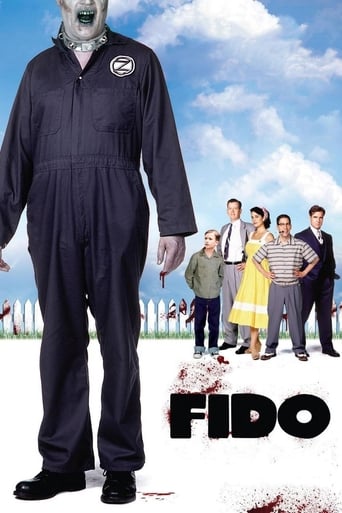
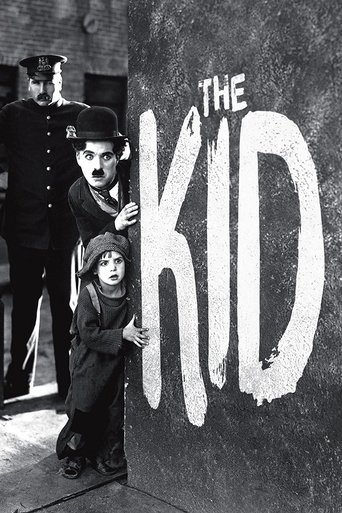
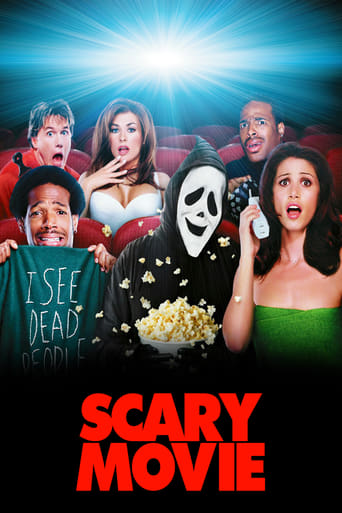
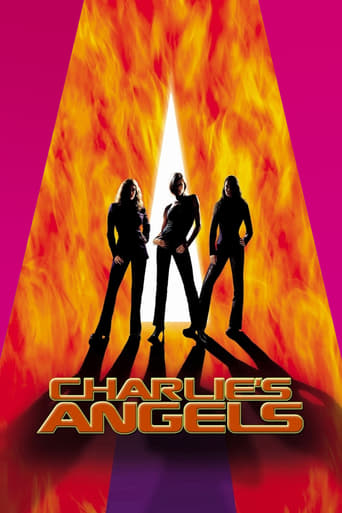
Reviews
Waste of time
Don't Believe the Hype
Very interesting film. Was caught on the premise when seeing the trailer but unsure as to what the outcome would be for the showing. As it turns out, it was a very good film.
Blistering performances.
It had been over 20 years since Charlie Chaplin last adorned his beloved character 'The Tramp.' Although in his later performances, the aspects of the icon are inescapable, A King In New York deliberately brings the slapstick back into an interesting context. He is not a tramp, nor a barber, but a king. A king whose unfortunate attempts at sophistication end up humiliating. It's a clear critique on the buffoonery of authority figures as he obliviously goes out for entertainment in New York while his home country is rioting against him. The lure of celebrity is a temptation to all and Chaplin protests that it's irresponsible for these types of powerful figures to be drawn to it. His last two films, The Great Dictator and Limelight, were two of his best films that were seamlessly able to blend comedy with a message and emotion.Unfortunately, A King In New York doesn't have the same weight to it emotionally and leads it inevitably into being lesser Chaplin. That said, it's still hilarious, with great satire and slapstick, a highlight being where the king's curiosity gets the better of him and he puts his finger in a fire hose and drags it through the following scenes. Chaplin has always had a talent for getting the best out of a simple joke. It's a shame that he felt the need to have his political point on a soapbox in the form of a young child. It's distracting and feels unnecessary. The film's effect would've been far greater without it being spoken as Chaplin's king was enough to get the message. Although, in finally watching his unpopular films, they have made me realise how he has an unconditional place in my heart as all director, writer and performer.7/10
As probably one of Chaplin's lesser efforts, this falls short of the level of sheer genius to the level of mere mortal excellence.As proof of Americans' depressing ability to laugh at any ethnic group or nationality except for themselves, at the time, this movie got many Americans' hackles up, and by the looks of the comments here, still does for some people. However, Chaplin's tone in this film, described by some as bitterness, I would more accurately call incisiveness.Of course this movie had to be made in Britain, and wasn't shown in the USA for about 20 years, until after the youthquake of the late 1960's and the changing of the generational guard, proving Americans are not fond of having their foibles and hypocrisies pointed out to them in a rather obvious manner.Some of the more satirical aspects of the film, including the film trailers, TV advertising, the reality television show (Chaplin about 40 years ahead of the curve on that one) and the whirlwind feel of New York City, represent rather gentle pokes at a society in which, to remind everyone, Chaplin had worked in and made his fame and fortune in for over 40 years.It's only when the Senator McCarthy inspired storyline takes hold, around halfway through the film, that the story turns markedly more serious. Chaplin sprinkles the film throughout with references to the US Constitution, and freedom of speech, and "American blood boiling." Clearly he is on the side of freedom versus totalitarianism, and against the witch hunt like tactics of HUAC that destroyed American careers, drove people into poverty or exile, and provably never found one person that was a real, imminent danger to American society. Looking back from this point, almost everyone agrees that HUAC and its blowback were a blot on the history of the United States and its aspirations of freedom, and rightfully so.Although this aspect of the film is a bit heavy-handed, and the rather sad ending is somewhat disappointing but rather realistic within the context of the times, I feel that this only detracts mildly from the comedy on offer, Chaplin's amazing screen presence, and artistry as a writer, actor and director. It is enough to make me wish he had done more than three talking films in his career. Yes, that guy in his 60's up there on the screen with the gray hair certainly isn't the little tramp of 1920, but he is a character almost equally as compelling, and much more formidable.Not mentioned by many is the fact that Chaplin even composed the score for this film, which is in itself worthy of praise. Chaplin probably could have carved out a career as a successful film composer, over and above his other gargantuan talents.See it if you can. A King in New York is a treasure.
... while he himself was basically exiled in a strange land. 1957's "A King in New York" shows Chaplin at the end of his film career. In fact, it is the last film in which Chaplin himself stars. Refused permission to reenter the U.S. in 1952 due to the idea that he held anti-American beliefs, he actually made this film about a deposed European king in New York in England. The film suffers from production values that are not as high as they were in Chaplin's earlier films, and if you have the version Warner Brothers put out in 2004, the commentary points out that Chaplin had much trouble making this film mainly because he was not dealing with familiar personnel in his own studio as he had in his earlier efforts. The film's political statements are heavy-handed, but there are still some good comic turns by Chaplin and his viewpoints and comic bits on America and rampant commercialism and consumerism still hold up today. In fact, they are probably much more relevant today than they were when this movie was first made. If you are curious about Chaplin's work you need to eventually view this film, just don't start your journey here. If you are just starting out, I recommend you view Chaplin's Mutual Comedies. These are 12 two-reel comedies Chaplin made in 1916 and 1917 and show his comic technique evolve from the pants-kicking fests of his Essanay and Keystone films into the sophisticated technique he had from the end of the series onward. Also, the Mutual period was named by Chaplin himself as the era in both his personal and professional life in which he was the happiest.
Of course, Charlie Chaplin is mostly remembered for non-speaking roles. A King In New York is a satire by Chaplin about his impressions of America. It is refreshing to see a movie that is critical of America. Chaplin plays a king of a fictitious eastern European country who is forced, due to a coup, to flee to New York City. Chaplin show his versatility as a talking actor by really sincerely getting down the mannerisms of a European monarch. He is an older man, but very charming. Soon, however, the king finds that his natural goodness and true compassion is exploited by commercialism and political opportunism. At first the king is entranced by America's freedom, but soon discovers that American is a brash society of loud big bands, and brash advertising and movies. When the king finds himself broke, he is used by a beautiful young woman (Addams) to do advertisements. Addams excellently plays the superficial American. She is always smiling, but ever criticizing about the monarchs age and lack of television persona. When he gets self-conscious, she says 'No, you're great. You just can't appear on TV with a sagging face'. She convinces him to get a face lift, but it ends up that his face is so tight that if he laughs, he will end up in the hospital. The evening after the face lift, he unfortunately goes to a club and is subjected to slapstick humor that literally forces him to go back for emergency surgery.The movie's only flaw is that at times it gets a little dull. Other than that it is a brilliant look at America - where image and appearance are everything. The climax of the movie deals with McCarthyism. For dare helping out the child of disgraced communists (the child played by Chaplin's real life son), the king is forced before the Committee On UnAmerican Activities. The conclusion of the movie is very funny. In conclusion, this movie displays the full range of Chaplin's great talents. His comic touch, his dramatic-ism, his political satire, his slapstick gifts, and his kind demeanor are fully displayed in this film. I highly recommend this film.
